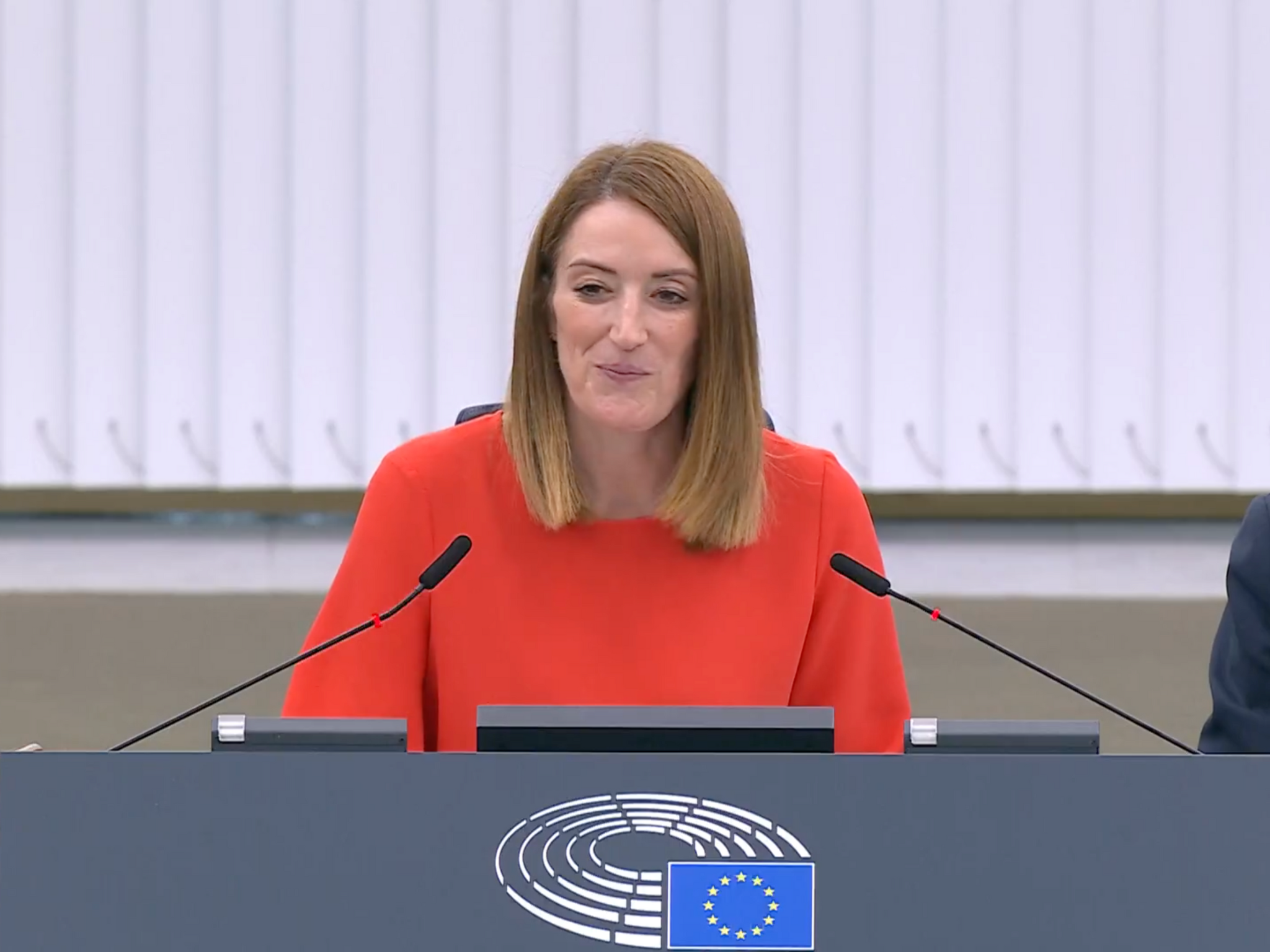
EU politicians have voted in favour of advancing the bloc’s biomanufacturing and biotech prowess to promote sustainability, public health, and food security.
It’s a big month for biotechnology in the EU.
The European Commission just released its life sciences strategy, which sets aside €350M for the development of sustainable innovations, improved biomanufacturing efficiency, and promoting the bloc’s bioeconomy leadership.
The strategy includes the long-awaited Biotech Act. While delayed by a year to late 2026, it will help accelerate the approval of novel products, including cultivated meat and precision-fermented proteins.
And now, MEPs have voted overwhelmingly in favour of the European Parliament’s report on the future of the EU biotechnology and biomanufacturing sector, which paints it as an industry “of strategic importance in several different areas such as sustainability, economic security, food security and public health”.
The industry was further recognised as one of 10 strategic tech sectors to boost Europe’s competitiveness, economic security, and sustainability.
“Europe cannot succeed with its ambitions on competitiveness, decarbonisation and economic resilience without acknowledging the crucial role played by the EU’s biotechnology and biomanufacturing sector,” the Parliament’s report argues, highlighting the key bottlenecks faced by the sector, and calling for the creation of a chief biotechnology officer position in the EU Commission.
Greater investment and public awareness critical for biotech sector

“The EU is a global leader in research and biomanufacturing capacity, yet its potential remains unexploited due to the lack of a sufficiently coordinated policy framework that enables the efficient scaling up of innovation, the attraction of investment and the commercialisation of new technologies,” the Parliament acknowledged.
It called for “urgent, coherent and consistent action” over the next few years to make the region a world leader in biotechnology.
For example, the market demand for bio-based feedstocks can be further incentivised to speed up the transition from fossil fuels. These products, like sustainably sourced biomass, recycled waste, and carbon captured from biogenic sources, could be used to manufacture various products.
But the Parliament expressed concern that the way the European Investment Bank (EIB) interprets sustainability criteria “may result in access to funding for bio-based materials and projects being denied”. It called on the EIB to propose de-risking instruments for biomanufacturing.
It further noted that scale-up and commercialisation remain major challenges for the sector, stressing the need to enhance knowledge and tech transfer between academia and industry, and highlighting the importance of bolstering public-private collaborations. It called on the EU Commission to help create world-leading R&D hubs and robust physical testing facilities.
“The sector is characterised by high levels of risk, and reducing the cost of investment failure in the EU is necessary for attracting large-scale capital investment,” the Parliament suggested. “Public awareness of biotechnology and biomanufactured products in the EU should be further strengthened to boost public acceptance.”
EU Parliament calls for overhaul of ‘lengthy’ regulatory approval process

The EU Parliament laid out several criteria for a comprehensive Biotech Act, largely focusing on the regulatory challenges facing the industry, which includes novel foods.
“Current EU regulatory frameworks do not cater precisely to the specificities of bio-based products,” it said, suggesting that their inconsistency across sectors creates legal uncertainty and slows market access for innovative solutions. “The lengthy authorisation processes, particularly concerning approval times, need to be urgently addressed.”
Under the Biotech Act, it urged the EU Commission to take into account the regulatory frameworks of non-EU countries and learn from their best practices, as well as consider a simplified process for products already authorised for sale by “trusted regulatory bodies in like-minded countries with EU-equivalent standards”. Its former member state, the UK, is already doing so.
The UK has also created a regulatory sandbox to help cultivated meat companies get approved and enter the market, and the EU Parliament is recommending using its own sandboxes to assess biotech applications, while developing a strategy that supports companies transitioning from the sandbox regime to full market access.
It further called on the EU to double its research budget and reach the target of 3% of its GDP being set aside for R&D by 2030. The Commission, meanwhile, should integrate biotech and biomanufacturing in its digital and artificial intelligence (AI) strategies – the life sciences strategy already committed to creating an AI tool to help researchers embed regulatory compliance at early design stages.
“The European Parliament has taken a strong position in recognising biotechnology as a strategic priority, and made it clear that food biotechnology must be central to that vision,” said Pauline Grimmer, policy manager at the Good Food Institute Europe. “This creates opportunities for the EU to support innovations in plant-based foods and fermentation as part of a diversified protein system, which can boost Europe’s competitiveness, sustainability, and food security.”
She added: “The next step is for the Commission to follow through with a Biotech Act that delivers the funding, regulatory clarity, and ambition the sector needs to thrive.”
The post EU Parliament Votes to Make Biotech A Strategic Priority, Calls for An Investment Boost appeared first on Green Queen.
This post was originally published on Green Queen.